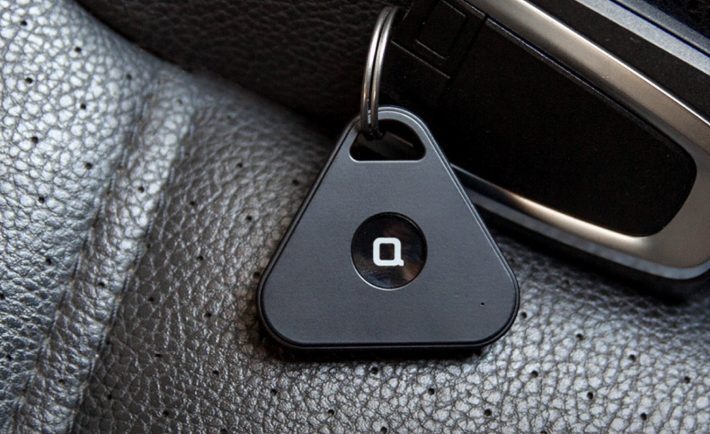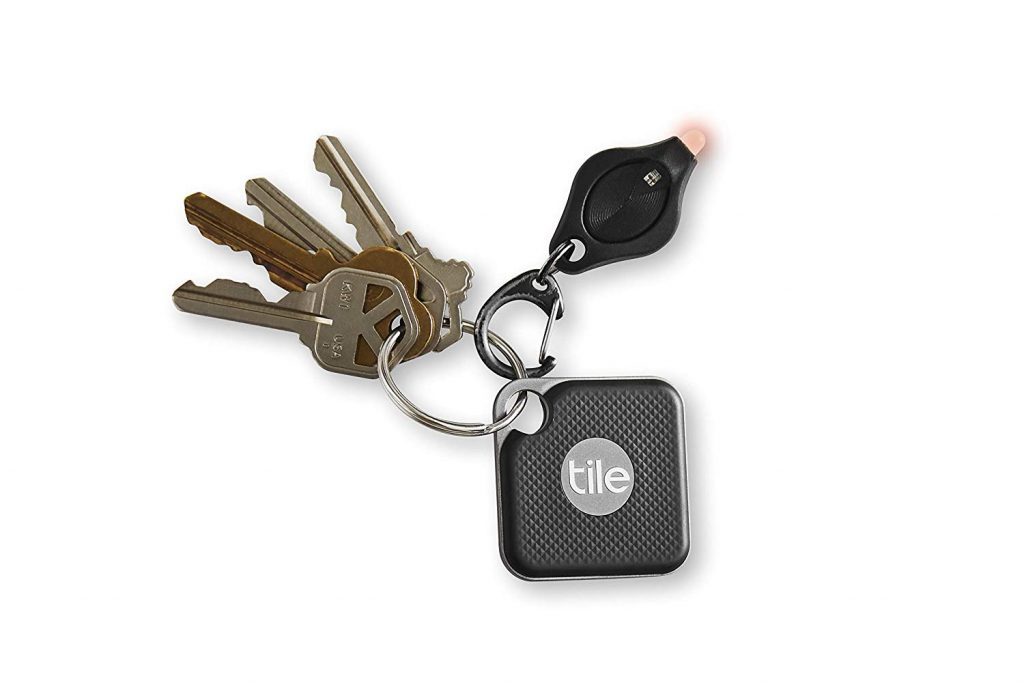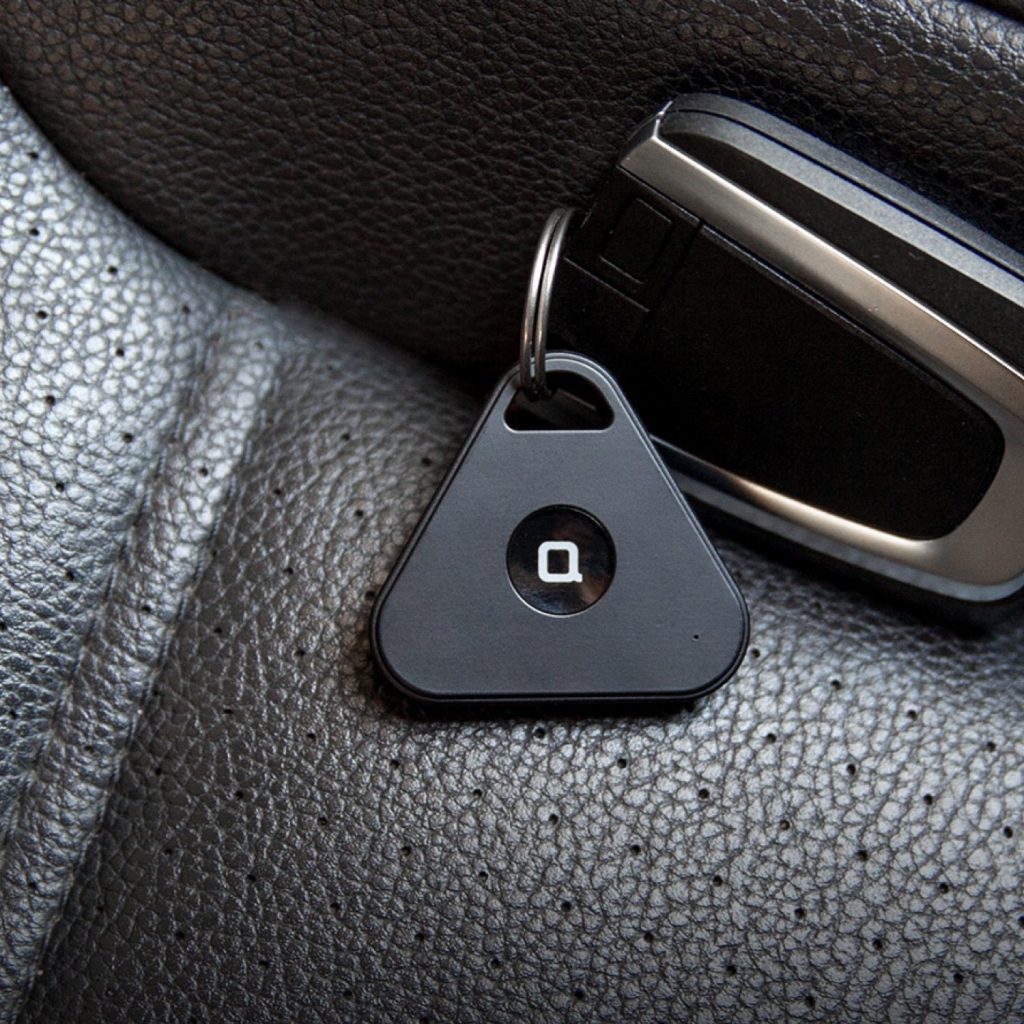
Have you ever misplaced your keys and spent a ridiculous amount of time trying to locate them? It can be incredibly frustrating, especially if you are in a hurry and every minute counts. Some people report that they lose their keys so often and spend so much time looking for them that it becomes a severe drain on their overall productivity. Well, there is an answer to this problem – get yourself a key finder.
These small tracking devices allow you to locate your keys quickly and effortlessly – or, in fact, anything you pair them with, from wallets and mobile phones to luggage and pets. However, there are so many offers on the market these days that it may be hard to decide what exactly you need – and in this article we will point out the most important things to look out for.
Build

Before we dive into technical details, we would like to emphasize the importance of the device’s design and physical structure. Here is what you should pay attention to:
- Small size and weight – if it is too large, it will be awkward to carry it around. However, smaller sizes often come hand in hand with shorter battery life and lower active range;
- Sturdy design and materials – it should be built to last and endure a lot of punishment;
- Waterproof – better avoid buying a key finder that will be ruined if it gets wet;
- Ease of dismantling – the device should be easy to take apart in order to repair or replace a battery. Some key finders are surprisingly inconvenient in this respect.
Technology
There are three basic technologies used in key finders:
- Radio Frequency – these don’t require a phone app to work and instead come with a base unit. They are easy to use and are mostly unaffected by external factors, but the active range may be pretty limited;
- Bluetooth – these need an integrated app to work and usually have a number of additional functions. For example, they usually can tell you the last known position of your key finder even if it is no longer in range. They function as GPS devices and usually boast a significant active range, but their effectiveness depends on Bluetooth signal strength;
- Audible – this type doesn’t use either radio signal or Bluetooth but instead relies on sounds. Both units work simultaneously as transmitters and receivers. When you activate your key finder, it emits a unique sound, and when another unit “hears” it, it emits an answering sound. The downside is that there is no way to find a key if it is out of range.
Active Range
Older and cheaper models have a range of about 50-70 ft, while newer ones go as high as 150 ft. and more. What kind of key finder you need mostly depends on the kind of space you live in – if it isn’t that large, a shorter range may be more than enough.
Battery Life
Check if it is easy to take the device apart and replace the battery. Alternatively, look for rechargeable models. Usually, those with replaceable batteries work longer between the replacements, but you will have to think about stocking up on batteries ahead of time, while rechargeable ones have to be recharged regularly and often. Choose what suits you and your lifestyle best.
Sound Volume
The volumes range dramatically: some models are intolerably loud and annoying, while others emit low and easily muffled beeps that are basically useless unless you stand right next to the device. Make sure to test it before buying and evaluate how well it is heard from a distance.
App Functionality
Make sure the app is compatible with your smartphone and your current OS version. Give preference to multi-platform apps (you never know when and if you are going to replace your smartphone) that have additional features beyond simple key finding. For example, some apps come with two-way functionality – that is, you can use them to trigger an alarm on your smartphone so that you can find it in case it is misplaced.
Geofencing

One of the features that is worth mentioning separately is geofencing capability. It alerts you via your smartphone or another mobile device that you are leaving the active range of your key finder (and, by extension, the keys). If you tend to go out without realizing you’ve left your keys behind, it can serve as an excellent preventative measure.
When all is said and done, there is no such thing as an ideal key finder. What you should choose depends on what you need. Pay attention to the factors we’ve mentioned, decide which of them are optimal for you, and you will be able to choose the best variant without any fuss.




